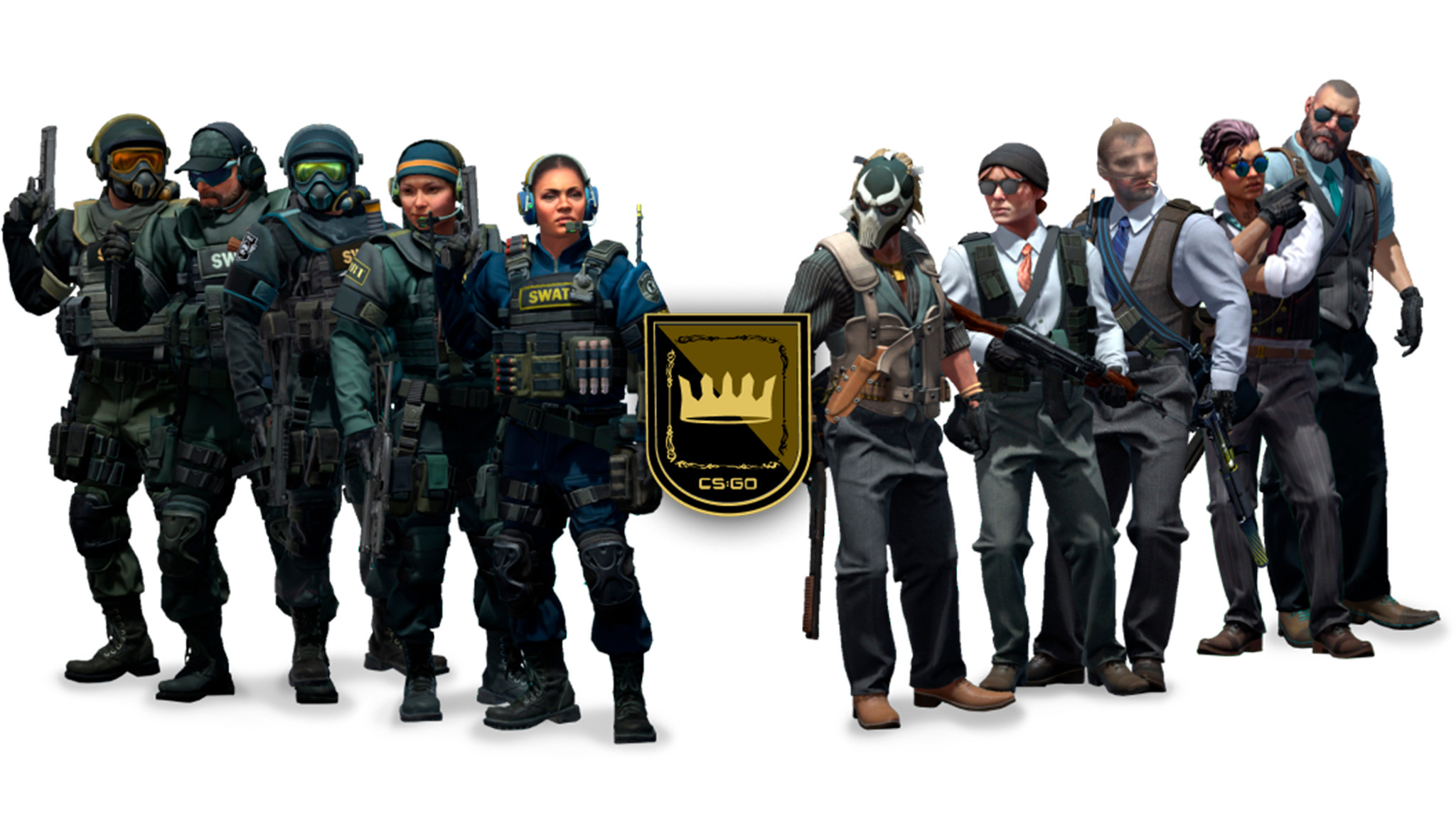Key Skills and Knowledge Required for CS 2 Coaching
Successful CS 2 coaches possess a unique blend of technical expertise, communication skills, problem-solving abilities, and a customer-centric mindset.
Technical Expertise
CS 2 coaches need to have a deep understanding of the product or service they are supporting. They must be well-versed in its features, functionalities, and potential use cases. This technical knowledge allows coaches to provide accurate guidance and troubleshoot customer issues effectively.
Communication and Interpersonal Skills
Effective communication is at the heart of CS 2 coaching. Coaches must be able to articulate complex concepts in a clear and concise manner, adapting their communication style to suit the customer’s needs. Active listening, empathy, and patience are essential traits that help build rapport and trust with customers.
Problem-Solving and Critical Thinking Abilities
CS 2 coaches encounter a variety of customer challenges and must possess strong problem-solving and critical thinking skills to address them effectively. They should be able to analyze situations, identify root causes, and devise creative solutions that align with the customer’s goals.
Customer-Centric Approach
A customer-centric mindset is crucial for CS 2 coaches. They need to understand the customer’s perspective, anticipate their needs, and proactively provide value-added solutions. By putting the customer first, CS 2 coaches can ensure a personalized and tailored approach to coaching.
The Role of CS 2 Coach in an Organization
CS 2 coaches play a vital role in organizations, acting as catalysts for customer success. They collaborate with various stakeholders, including sales, product development, and customer support teams, to ensure a seamless customer journey. CS 2 coaches act as trusted advisors, helping customers navigate challenges, optimize product usage, and achieve their desired outcomes.
CS 2 Coaching Techniques and Strategies
Effective CS 2 coaching involves a range of techniques and strategies designed to empower customers and drive their success. Let’s explore some key practices:
Active Listening and Empathy
CS 2 coaches should actively listen to customers, understanding their concerns, goals, and pain points. By demonstrating empathy, coaches can create a supportive environment where customers feel valued and understood.
Effective Communication
Clear and effective communication is essential in CS 2 coaching. Coaches should use simple and jargon-free language to ensure customers comprehend the guidance provided. Additionally, using visual aids or demonstrations can enhance the coaching experience.
Providing Constructive Feedback
Constructive feedback is a powerful tool in CS 2 coaching. Coaches should deliver feedback in a constructive and non-judgmental manner, highlighting areas of improvement while also recognizing the customer’s achievements. This approach encourages continuous learning and growth.
Developing Actionable Goals
CS 2 coaches help customers set actionable and measurable goals that align with their overall objectives. By breaking down long-term goals into smaller milestones, coaches enable customers to track their progress and celebrate successes along the way.
Benefits of CS 2 Coaching for Organizations and Customers
Implementing CS 2 coaching can yield numerous benefits for both organizations and customers. Let’s explore some of these advantages:
Improved Customer Satisfaction

CS 2 coaching focuses on enhancing the customer experience, leading to increased satisfaction levels. Coaches guide customers through challenges, empower them to overcome obstacles, and ensure they achieve the desired outcomes. Satisfied customers are more likely to become loyal advocates and recommend the organization to others.
Enhanced Customer Loyalty
By investing in CS 2 coaching, organizations can foster stronger relationships with their customers. Coaches provide personalized support, ensuring customers feel valued and understood. This personalized approach cultivates loyalty, reducing churn rates and increasing customer retention.
Increased Employee Engagement
CS 2 coaching also benefits the employees involved. Coaches develop a deep understanding of the product or service, becoming subject matter experts. This expertise enhances their job satisfaction and engagement, resulting in higher productivity and motivation.
Positive Impact on Business Growth
When customers achieve their desired outcomes and have positive experiences, it leads to business growth. CS 2 coaching helps organizations differentiate themselves from competitors, increase customer lifetime value, and drive revenue growth through upselling and cross-selling opportunities.
Implementing CS 2 Coaching in an Organization
The successful implementation of CS 2 coaching requires a systematic approach. Here are the key steps involved:
Identifying Training Needs
Organizations should assess the existing skills and knowledge gaps within their CS team. This evaluation helps identify the specific areas where coaching is required to enhance customer success.
Designing a Customized Coaching Program
Based on the identified training needs, organizations can design a customized coaching program. This program should incorporate various coaching techniques, align with organizational goals, and cater to the diverse learning styles of CS professionals.
Training and Skill Development
Implementing CS 2 coaching involves providing comprehensive training and skill development opportunities to CS professionals. This may include workshops, online courses, role-playing exercises, and mentorship programs. Continuous learning and development are essential for the success of the coaching initiative.
Monitoring and Evaluation
To ensure the effectiveness of CS 2 coaching, organizations should establish monitoring and evaluation mechanisms. Regular feedback sessions, performance assessments, and customer satisfaction surveys help measure the impact of coaching and identify areas for improvement.
Overcoming Challenges in CS 2 Coaching
Implementing CS 2 coaching can present certain challenges. Here are some common obstacles and strategies to overcome them:
Resistance to Change
Introducing a new coaching program may be met with resistance from employees. To address this, organizations should communicate the benefits of coaching, involve employees in the program design process, and provide ongoing support and training to alleviate concerns.
Time and Resource Constraints
Limited time and resources can hinder the implementation of CS 2 coaching. Organizations should prioritize coaching initiatives, allocate dedicated time for coaching activities, and leverage technology and automation to streamline processes and maximize efficiency.
Managing Different Learning Styles
CS professionals have diverse learning styles, and coaches need to adapt their coaching approach accordingly. Offering a variety of learning resources and techniques, such as visual aids, interactive sessions, and self-paced modules, ensures that each individual’s needs are catered to.
